When it comes to juicing, masticating juicers are a popular choice for those who want to maximise nutrient retention and juice yield. Also known as slow or cold press juicers, these machines use a grinding mechanism to extract juice without generating heat, preserving more of the natural enzymes and vitamins. In this detailed guide, we’ll cover the different types of masticating juicers, their benefits, what to look for before buying, and how to care for them, with a focus on the UK market.
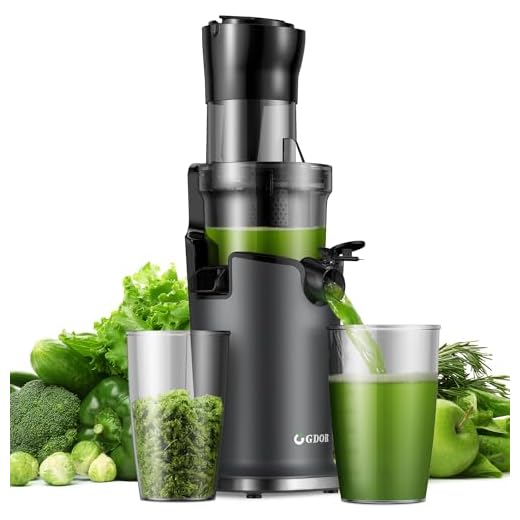

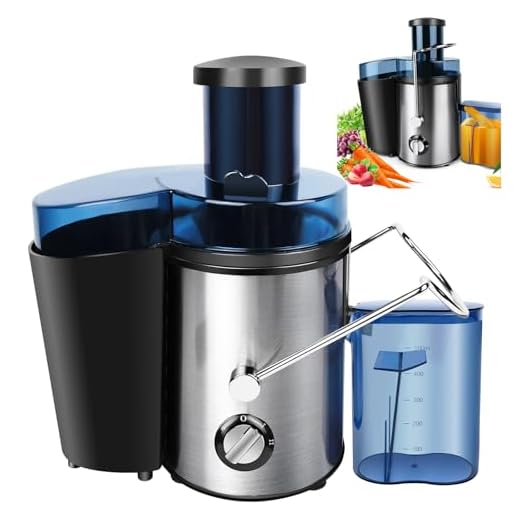
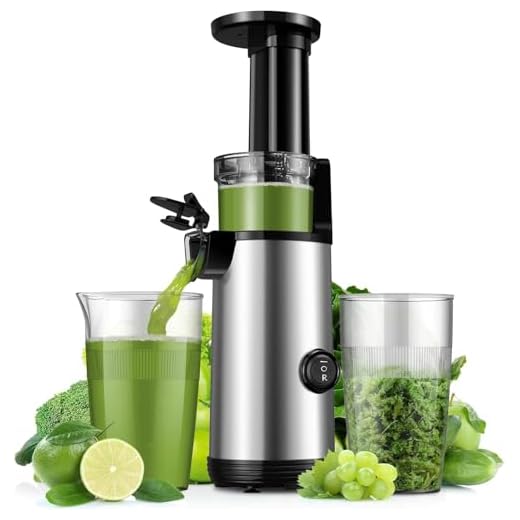
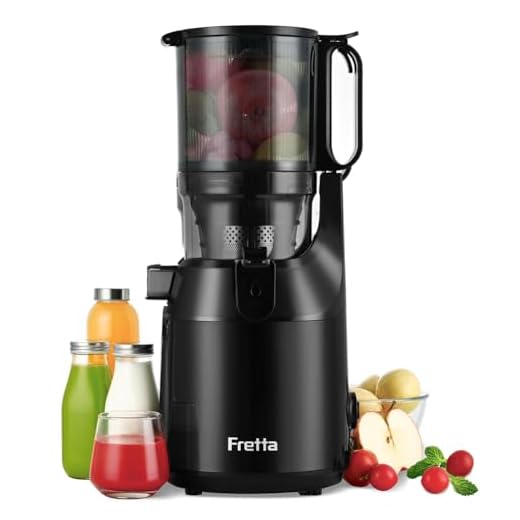
What Is a Masticating Juicer?
A masticating juicer works by crushing and pressing fruits and vegetables to extract juice. Unlike centrifugal juicers, which use high-speed spinning blades, masticating juicers operate at much slower speeds. This slow process reduces oxidation, resulting in fresher, longer-lasting juice that retains more nutrients. Because they extract juice more efficiently, masticating juicers often yield more liquid and handle leafy greens better than centrifugal models.
Types of Masticating Juicers
- Horizontal Masticating Juicers: These are the most common type of masticating juicers. They are versatile and can also be used for other tasks like grinding coffee beans, making nut butter, and even extruding pasta.
- Vertical Masticating Juicers: Vertical models are more compact and take up less counter space. They tend to be slightly faster than horizontal juicers but may require more preparation time as feeding chutes are usually smaller.
- Twin-Gear (Triturating) Juicers: These high-end masticating juicers use two interlocking gears to press fruits and vegetables. They offer the highest juice yield and nutrient retention but are typically more expensive and complex to use.
Benefits of Using a Masticating Juicer
Masticating juicers are ideal for those who prioritise juice quality over speed. Because they operate at slower speeds, they generate less heat, which helps to preserve nutrients like vitamin C and enzymes. These juicers excel at extracting juice from leafy greens like spinach, kale, and wheatgrass—something centrifugal juicers struggle with. Additionally, the juice produced by masticating juicers can last longer, making it a good option for those who like to make large batches and store them for later use.
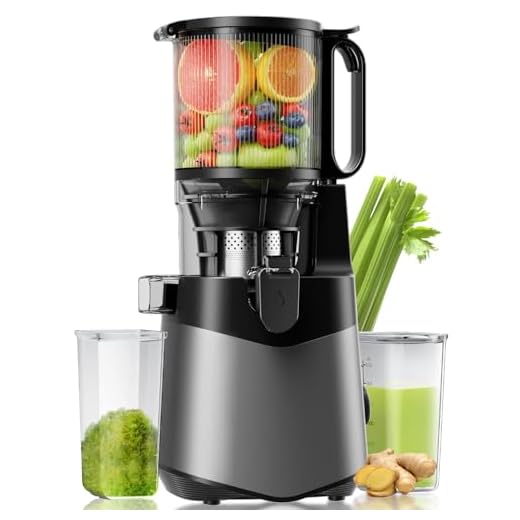
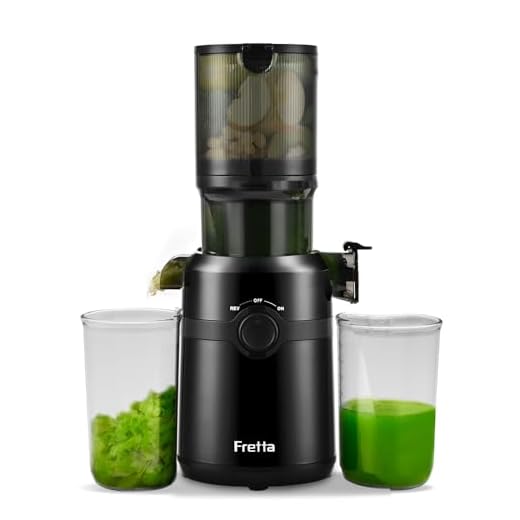



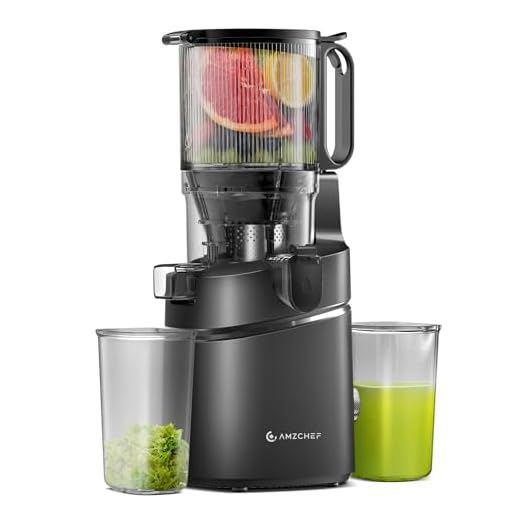

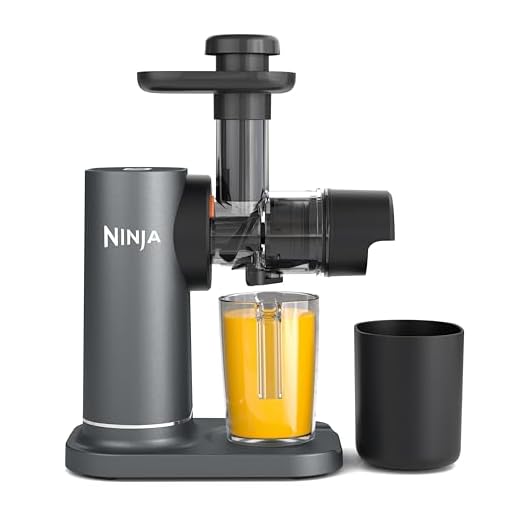

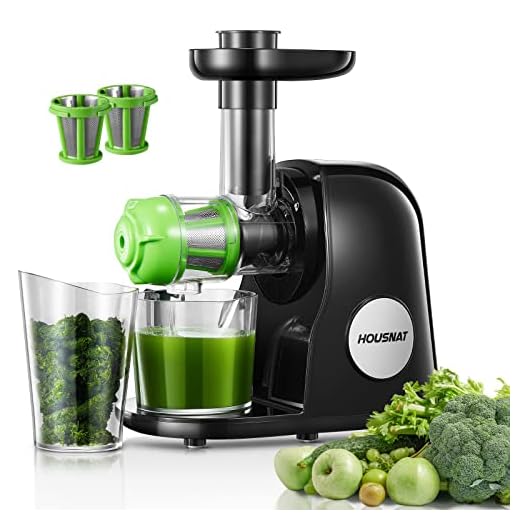
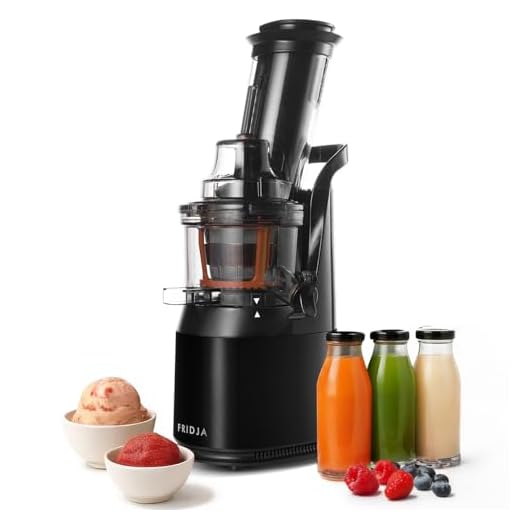

Key Considerations Before Buying a Masticating Juicer
There are several factors to consider when shopping for a masticating juicer in the UK:
- Speed: While masticating juicers are slower than centrifugal models, some are slower than others. Consider whether you prefer faster juicing or maximum nutrient retention.
- Size: Horizontal juicers are generally bulkier, so if you have limited counter space, a vertical model might be more practical.
- Noise Level: Masticating juicers are quieter than centrifugal juicers, but there can still be some variation. Check reviews for noise levels if you prefer a quieter machine.
- Ease of Cleaning: Look for models with fewer parts or dishwasher-safe components for easier maintenance.
A Buying Guide for Masticating Juicers
When choosing a masticating juicer, consider what types of fruits and vegetables you’ll be juicing most often. If you enjoy green juices, look for a model that is specifically designed for leafy greens. For those who want a versatile machine, horizontal masticating juicers offer the ability to perform other tasks like making nut butter or pasta. In the UK, prices for basic masticating juicers start around £100, with premium models costing up to £500 or more. Be sure to read product reviews and compare features before making your final decision.
Pros and Cons of Masticating Juicers
- Pros:
- Higher juice yield and better nutrient retention.
- Excellent for leafy greens and wheatgrass.
- Quieter operation compared to centrifugal juicers.
- Juice can last up to 72 hours when stored properly.
- Cons:
- Slower juice extraction process.
- More expensive than centrifugal juicers.
- Bigger and bulkier, especially horizontal models.
Usage Tips for Masticating Juicers
For the best results, cut your produce into smaller pieces to make it easier for the juicer to process. Feed fruits and vegetables in slowly to avoid clogging the machine. Since masticating juicers work well with leafy greens, consider adding kale or spinach to your juice for an extra nutrient boost. If you’re juicing soft fruits, alternate with harder produce to help push the softer ingredients through. Always clean your juicer immediately after use to prevent pulp from drying and clogging the machine.
Shopping for Masticating Juicers Online in the UK
There are plenty of options for buying masticating juicers online in the UK, with major retailers like Amazon UK, John Lewis, Argos, and Currys offering a wide selection. Look out for seasonal sales and deals, especially during Black Friday, Boxing Day, and summer clearance sales. Some online retailers also offer extended warranties and free delivery, making them a good option for higher-priced models. Always check for customer reviews and return policies before making a purchase.
Reviews, Prices, Coupons, and Discounts
Masticating juicers tend to be more expensive than centrifugal models, with prices ranging from £100 to £500 in the UK. You can find excellent reviews on popular models such as the Omega Cold Press 365, which is known for its durability and high juice yield. Check for coupons and discount codes from online retailers like Currys or Argos, which often have deals on kitchen appliances. Signing up for newsletters from these retailers can also give you access to exclusive discounts.
Choosing the Right Juicer for You
To choose the right masticating juicer, consider how often you’ll be using it and what types of produce you’ll juice most frequently. If you’re a green juice lover, look for models that are efficient with leafy greens. If versatility is important to you, consider a horizontal juicer that can perform other tasks like grinding or homogenising. For those with limited kitchen space, a vertical model might be more practical. It’s also worth considering the warranty period for added peace of mind.
Caring for Your Juicer
Proper care is essential for keeping your masticating juicer in good condition. After each use, disassemble the parts and rinse them under warm water. For more thorough cleaning, soak the components in soapy water and use a soft brush to clean the filter and other hard-to-reach areas. Many juicers come with specialised cleaning brushes to help with this. Regularly check the manufacturer’s guidelines for deep cleaning and avoid using harsh chemicals that could damage the machine.
Frequently Asked Questions
- How long does juice from a masticating juicer last? Juice from a masticating juicer can last up to 72 hours if stored in an airtight container in the fridge, thanks to the minimal oxidation that occurs during the juicing process.
- Can masticating juicers handle soft fruits? Yes, masticating juicers can handle soft fruits like berries and peaches, but it’s often recommended to alternate between soft and harder produce to help push everything through smoothly.
- Are masticating juicers noisy? Masticating juicers are generally quieter than centrifugal models, but they still produce some noise, particularly when juicing harder vegetables.
- Is it worth spending more on a twin-gear masticating juicer? Twin-gear juicers are worth the investment if you want the highest juice yield and nutrient retention, especially for leafy greens. However, they are more expensive and can be more complicated to use and clean.
- How do I prevent clogging in my masticating juicer? To prevent clogging, cut produce into smaller pieces and avoid overloading the juicer. If you’re juicing fibrous vegetables like celery, cut them into shorter lengths to prevent the fibres from wrapping around the auger.
Conclusion
Masticating juicers are an excellent investment for those who prioritise high-quality juice with maximum nutrient retention. While they may be slower and more expensive than centrifugal models, their ability to handle a wide variety of fruits, vegetables, and leafy greens makes them a versatile choice for health-conscious individuals. Whether you’re looking for a basic model or a premium twin-gear juicer, taking the time to choose the right one can lead to years of fresh, nutrient-packed juice at home.






